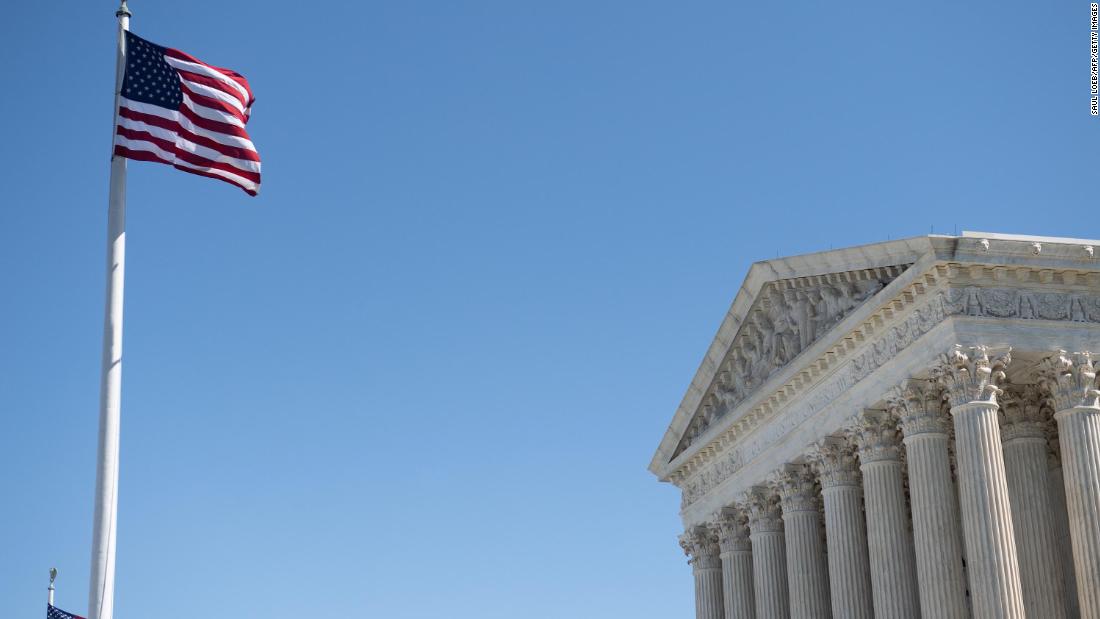
Seven judges sided with the government in the case, but only five, all conservatives, signed the majority opinion written by judge Samuel Alito.
Alito said that the petitioner in the case, Vijayakumar Thuraissigiam, “does not want ‘simple release’ but, ultimately, the opportunity to remain legally in the United States.”
Alito added: “In this case … the requested reparation is beyond the scope of the writing as it was understood when the Constitution was adopted.”
The expedited removal process applies to people who enter the United States illegally and can be ordered removed without further hearing or review. However, if the individual seeks asylum, an additional assessment is provided to an asylum officer, a supervising officer, and an immigration judge to determine if the person has a credible fear of persecution or torture if they return to their home country. .
Thuraissigiam, a member of a minority ethnic group in Sri Lanka, entered the United States illegally and was arrested 25 yards north of the Mexican border. He applied for asylum and told the officer that he had been working on his farm in his home country when a group of men detained him and severely beat him. He said he did not know who they were and why they had chosen him. He was denied the opportunity to seek asylum.
The asylum officer determined that he had not established a credible fear of persecution, a decision affirmed by the supervising officer and the immigration judge. Under the law, after the denial, Thuraissigiam was not eligible to challenge the finding in federal court.
Thuraissigiam’s attorneys at the ACLU went to the federal district court arguing that the expedited removal outlined in the law violated his due process rights, depriving him of a “significant opportunity” to establish his claims.
“Everyone within the United States has the right to due process,” ACLU attorney Lee Gelernt told the judges.
The Ninth Circuit Court of Appeals for the United States agreed, holding that the law violated a part of the Constitution called the Suspension Clause, which would allow Thuraissigiam, even as a non-citizen, to have an opportunity to challenge his detention.
The Suspension Clause prohibits the government from depriving someone of his liberty without the opportunity for a court to review the legality of the government’s action.
In court, attorneys for the Trump administration pointed to an earlier precedent that distinguishes between a person who entered the country legally and became part of the population, and someone who entered only clandestinely and was in the country less than two years. They said the law outlining expedited removal had been passed so that the system was not abused.
In strong disagreement, Judge Sonia Sotomayor said the impact of majority opinion could have broader consequences for U.S. immigration law and how undocumented non-citizens or immigrants are treated.
“Taken to its extreme, a rule that conditions due process rights to legal entry would allow Congress to constitutionally remove all procedural protections for any non-citizen that the government considers to be illegally admitted and to deport him summarily no matter how many decades they have lived here, how established and integrated are in your communities, or how many members of your family are US citizens or residents, “Sotomayor wrote.
“This judicial line drawing is not administrable, it threatens to create arbitrary divisions among non-citizens in this country subject to expulsion procedures and, most importantly, it lacks foundation in the Constitution.”
This story has been updated with more of the opinion.
CNN’s Devan Cole contributed to this report.
.